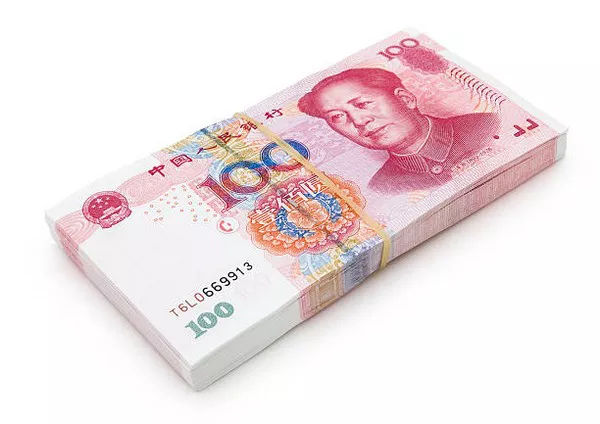The value of a nation’s currency is a crucial factor in its economic health, influencing trade balances, inflation rates, and overall competitiveness on the global stage. In recent years, the topic of a weak yuan has garnered significant attention, sparking debates about its implications for different stakeholders. This article aims to dissect the multifaceted aspects of a weak yuan and shed light on who stands to benefit from such a scenario.
Understanding the Yuan’s Strength
Before delving into the implications of a weak yuan, it is essential to grasp the concept of currency strength. A strong currency typically reflects a robust and stable economy, enticing foreign investors and bolstering a nation’s purchasing power abroad. Conversely, a weak currency often signals economic challenges, making exports more attractive but potentially leading to higher inflation and increased import costs.
Who Benefits from a Weak Yuan?
Exporters:
One of the most apparent beneficiaries of a weak yuan is the export sector. A devalued currency makes a country’s goods and services more affordable for foreign buyers, boosting demand and potentially increasing export volumes. Chinese manufacturers, for instance, could experience a surge in orders as their products become more competitively priced in international markets.
Tourism Industry:
A depreciated yuan can also stimulate the tourism industry by making the destination more affordable for foreign visitors. Travelers from abroad may find that their money stretches further in a country with a weak currency, leading to an influx of tourism revenue.
Domestic Industries with High Import Dependencies:
While a weak yuan may pose challenges for industries that heavily rely on imports, such as those needing raw materials or components from other countries, it can be a boon for sectors that are less import-dependent. Industries relying on domestically sourced inputs may find themselves at a competitive advantage, as they are less affected by the increased costs associated with a weaker currency.
Employment in Export-Driven Sectors:
As demand for exports grows due to a weak yuan, businesses in export-driven sectors may need to expand their operations to meet the rising orders. This expansion can lead to increased job opportunities within these industries, contributing positively to overall employment levels.
Government Revenue:
A weakened currency can also benefit governments by boosting tax revenues from export-oriented businesses. As these companies experience increased profitability and expansion, governments may see a rise in corporate tax contributions, potentially providing additional resources for public spending and infrastructure development.
Potential Drawbacks of a Weak Yuan
While a weak yuan may offer advantages to certain sectors, it is essential to acknowledge the potential drawbacks and the broader economic implications:
Importers and Consumers:
Import-dependent industries and consumers are likely to face challenges when dealing with a weakened currency. The cost of imported goods and services may rise, leading to potential inflationary pressures and increased living expenses for the general population.
Foreign Investors:
Foreign investors holding assets denominated in a depreciating currency may experience losses when converting their investments back into their home currencies. This could dampen foreign investment sentiment and impact the attractiveness of a nation’s financial markets.
Debt Servicing:
Countries with significant external debt denominated in foreign currencies may face higher costs when repaying their obligations. A weak yuan can increase the burden of servicing foreign-denominated debt, potentially straining national finances.
Global Economic Stability:
The interconnected nature of the global economy means that currency devaluation in one country can have ripple effects on others. A series of competitive devaluations may lead to increased trade tensions and disrupt the delicate balance of international economic relations.
See Also How Can I Buy Chinese Yuan From Bank
Conclusion
In conclusion, the impact of a weak yuan is a complex and nuanced issue that extends beyond simple winners and losers. While certain sectors, such as exporters and the tourism industry, may stand to benefit from a depreciated currency, there are undeniable challenges for import-dependent industries, consumers, and the broader global economic landscape. Policymakers must carefully navigate the delicate balance between promoting competitiveness and ensuring economic stability, considering the diverse interests at play.
Ultimately, a comprehensive understanding of the implications of a weak yuan requires a nuanced perspective that takes into account the interconnected nature of the global economy and the various factors influencing different stakeholders. As the dynamics of international trade continue to evolve, it is crucial for governments and businesses alike to adapt to changing circumstances and implement strategies that foster sustainable economic growth and stability.


